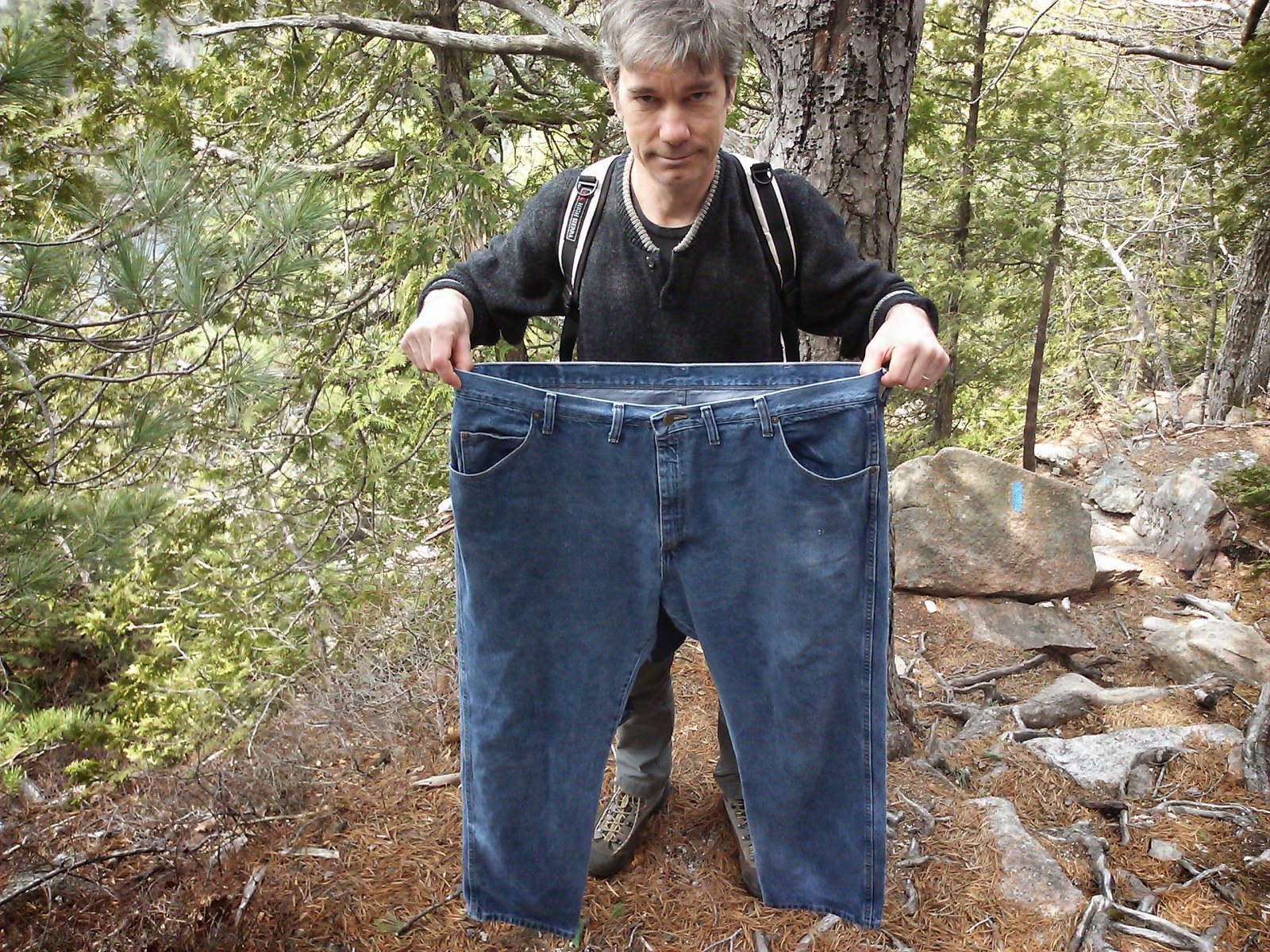In the meantime, I've been gnashing my teeth over this Donald Sterling affair. Of course I am appalled by his racist remarks and of course I am glad that the NBA has banned him. But why are so few media outlets noting his equally appalling behavior to the women in his life? Why do people find public racism intolerable but overlook, again and again, situations in which powerful men publicly treat women like chattel? Why bother giving lip service to domestic violence prevention when our society tacitly accepts a man's right to tell a woman what to do, what to wear, and how to think?
Because this is what happens when men believe they have that right.
According to Our Sources
The man owned “maybe twenty, twenty-one
firearms” and had bought, “I don’t know,
seven or eight BB guns” for his ten-year-old.
That boy “was the apple of his eye, no question.”
The girl, “well, not so much.” Still, he was “a good
feller,”
“a go-getter,” “he’d always been a doer not a thinker,”
he just needed “to relax now and again, nothing serious.”
“Some people can’t take a joke, you know what I mean?”
or else “things might of ended up different.”
It was “weird but also a little bit crazy funny, you know,”
when he sat in the La-Z-Boy and shot the ornaments
off the family Christmas tree, and, “oh, sure,
sometimes he did dumb stuff,” not like “pills or booze,”
more like “laughing too much when his daughter cried.”
It was “common knowledge” he kept a loaded pistol
holstered on his bedpost, and “he could be mouthy”
at “kind of the wrong moment”—for instance, that party
when he told his friends he’d be “dragging the wife home”
to give her a “hate fuck.” “A couple two, three times”
he threatened to use her dad as “knife practice.”
And “what some
heard” is, after he “kep a gun on em”
for an entire summer night, and she “broke down”
and called in the cops, “well, soon’s he seen the blue
lights,”
he swiveled round to his son and told him “real calm,”
“Now your mother’s done it.” Which is to say
“most folks agreed the man had his angers,”
but “who’d a thought he’d turn out so dangerous?”
[first published in 5 AM, no. 37 (2013)]

























